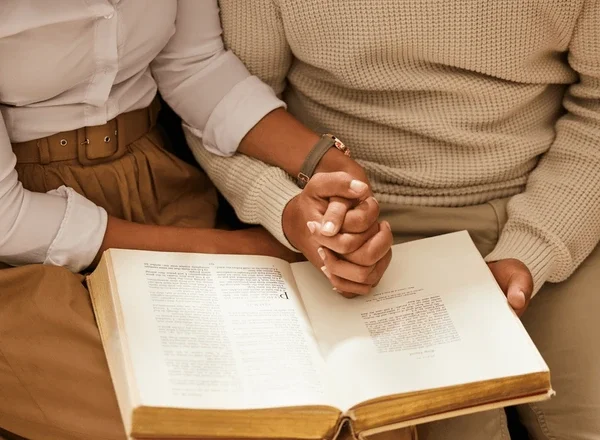When “Staying” Becomes Harm: A Biblical Conversation About Emotionally Destructive Marriages
Recently, I listened to a church teaching about the sanctity of marriage that was rooted in biblical truth and pastoral care. It reminded me of a message from earlier this summer which emphasized that Jesus cares most deeply about the condition of our hearts, not just our outward behaviors. That truth has never been more relevant than when applied to the heartache many experience inside broken or emotionally destructive marriages.
As a Christian therapist, I work with clients who are trying to reconcile their suffering with their faith. They may not face physical violence, but the wounds of manipulation, control, spiritual coercion, and emotional neglect run deep. Sadly, the church, unintentionally, can gloss over this kind of abuse. Not from bad intent, but from a lack of clarity, time, or shared language around what emotional and spiritual abuse looks like.
Too often, messages that emphasize enduring and honoring the covenant of marriage don’t also speak clearly about the need for safety, dignity, and peace. And when these pieces aren’t addressed individuals in toxic relationships may walk away more confused, unseen, and unsure if what they’re going through “counts” as abuse, or if God is calling them to simply bear it.
As Christian counselor Leslie Vernick writes in The Emotionally Destructive Marriage, “God does not value the sanctity of marriage above the safety and sanity of the individuals in it.”
That’s a powerful, freeing truth. God cares about your marriage, and He also cares about you. The Bible affirms this throughout:
Proverbs 4:23 – “Above all else, guard your heart, for everything you do flows from it.”
Ephesians 5:11 – “Have nothing to do with the fruitless deeds of darkness, but rather expose them.”
2 Timothy 3:5 – “Have nothing to do with them” (in reference to abusive and toxic people).
Galatians 5:1 – “It is for freedom that Christ has set us free…”
1 Corinthians 7:15 – “God has called us to live in peace.”
These are not just footnotes to a larger theology, they reflect God’s heart for emotional and spiritual wholeness.
A professionally trained Christian counselor can help you recognize emotional abuse, stand up to it in love, and step back from it when necessary—in a way that aligns with biblical truth and personal integrity.
If you're someone silently suffering in an emotionally destructive marriage and wrestling with whether your experience "counts,” please hear this:
It does.
God sees you.
You are not failing Him by setting boundaries, seeking help, or even stepping away from harm.
In fact, Scripture calls us to wisdom, truth, and courage. It calls us to peace.
A Call to Action
To those suffering silently:
You are not alone. You are not weak for needing help. Reach out to a trusted counselor, spiritual mentor, or friend. If you feel unsafe or unsure, know that seeking clarity and support is not a betrayal of your faith, it’s a step toward healing.
To church leaders and lay counselors:
Let’s grow in our ability to name and address emotional and spiritual abuse with compassion and clarity. Even one sentence of validation can change the trajectory of someone’s life. Please consider trauma-informed training, using tools like the Power & Control Wheel, and becoming familiar with resources like The Emotionally Destructive Marriage by Leslie Vernick.
If your church would like guidance in navigating these conversations or resourcing your care teams, I would be honored to support that work. Together, we can uphold both the beauty of marriage and the dignity of the people within it.
With compassion and hope,
Kelley Kramer, MS, LPCC
Christian Counselor – Internal Family Systems & Trauma-Informed Care
If you need help on your journey, contact me.
